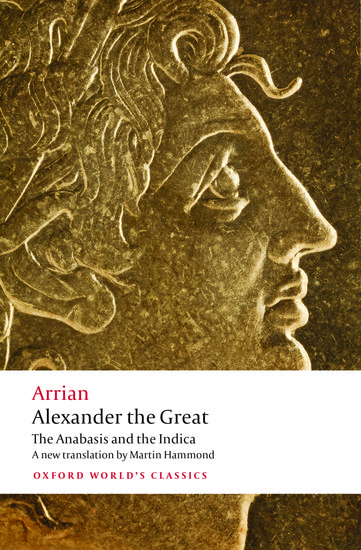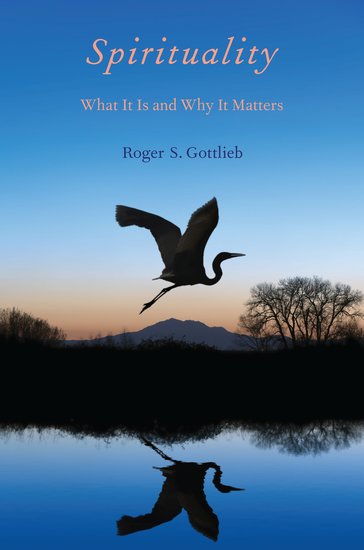Keep Calm and . . . What?
By Moses Rodriguez, Orhun Kantarci and Istvan Pirko
So all the test results are back, and you’re seeing the patient (and perhaps his /her partner) to report that the patient is in the early stages of multiple sclerosis (MS) or is recovering from a clinically isolated syndrome (CIS) indicative of MS. “What’s the next step?” they may ask. Maybe you’ll tell them to go home and continue training for that cross-country bike trip or planning the wedding or designing a website for their new start-up company.

















